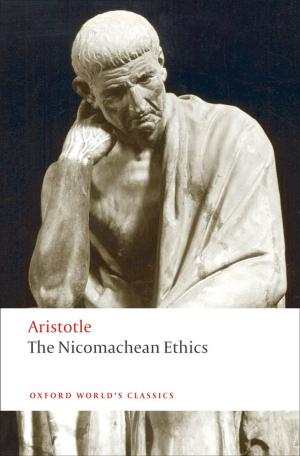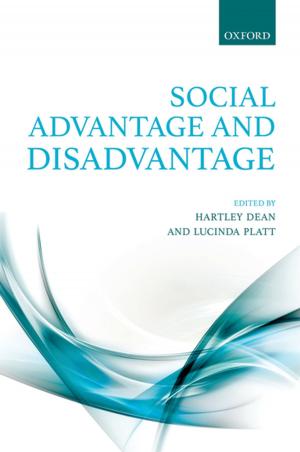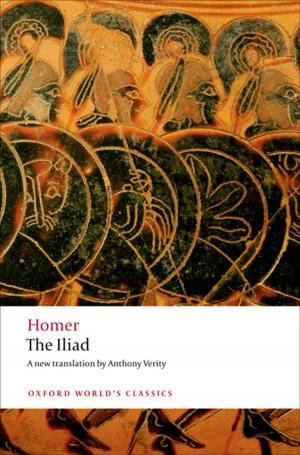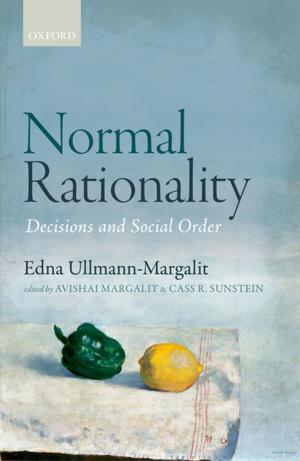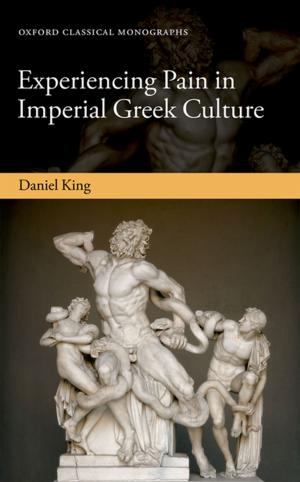Heroes or Villains?
The Blair Government Reconsidered
Nonfiction, History, British, Social & Cultural Studies, Political Science| Author: | Jon Davis, John Rentoul | ISBN: | 9780191613449 |
| Publisher: | OUP Oxford | Publication: | February 14, 2019 |
| Imprint: | OUP Oxford | Language: | English |
| Author: | Jon Davis, John Rentoul |
| ISBN: | 9780191613449 |
| Publisher: | OUP Oxford |
| Publication: | February 14, 2019 |
| Imprint: | OUP Oxford |
| Language: | English |
Tony Blair was the political colossus in Britain for thirteen years, winning three elections in a row for New Labour, two of them by huge majorities. However, since leaving office he has been disowned by many in his own party, with the term 'Blairite' becoming an insult. The election of Jeremy Corbyn as Labour Party leader in 2015 seemed to be, if not an equal, at least an opposite reaction to Blair's long dominance of the centre and left of British politics. Drawing on new contributions from most of the main players in the Blair government, including Tony Blair himself, Jon Davis and John Rentoul reconsider the history and common view of New Labour against its record of delivering moderate social democracy. They show how New Labour was not one party but two, and how it essentially governed as a coalition, much like the government that followed it. This book tells the inside story of how Tony Blair worked out, late in the day, his ideas for improving the NHS and school reform; how he groped towards, and was eventually defined by, a foreign policy of liberal interventionism; how he managed a difficult relationship with his Chancellor for ten years; and how Gordon Brown finally took over just as the boom went bust and the New Labour era came to an end. Rentoul and Davis reveal how the governing tribes dealt with each other in the New Labour years: not simply the 'Blairites' and the 'Brownites', but the 'temporary' ministers and the 'permanent', under-reported civil servants who worked alongside them. Many of the arguments that raged within and around the Blair government of 1997-2007 remain very much alive: reform of public services; the right course for the divided Labour Party; and the Iraq war. The Blair Government Reconsidered aims at a balanced account of how decisions were made, to allow the reader to make up their own mind about controversies that still dominate politics today.
Tony Blair was the political colossus in Britain for thirteen years, winning three elections in a row for New Labour, two of them by huge majorities. However, since leaving office he has been disowned by many in his own party, with the term 'Blairite' becoming an insult. The election of Jeremy Corbyn as Labour Party leader in 2015 seemed to be, if not an equal, at least an opposite reaction to Blair's long dominance of the centre and left of British politics. Drawing on new contributions from most of the main players in the Blair government, including Tony Blair himself, Jon Davis and John Rentoul reconsider the history and common view of New Labour against its record of delivering moderate social democracy. They show how New Labour was not one party but two, and how it essentially governed as a coalition, much like the government that followed it. This book tells the inside story of how Tony Blair worked out, late in the day, his ideas for improving the NHS and school reform; how he groped towards, and was eventually defined by, a foreign policy of liberal interventionism; how he managed a difficult relationship with his Chancellor for ten years; and how Gordon Brown finally took over just as the boom went bust and the New Labour era came to an end. Rentoul and Davis reveal how the governing tribes dealt with each other in the New Labour years: not simply the 'Blairites' and the 'Brownites', but the 'temporary' ministers and the 'permanent', under-reported civil servants who worked alongside them. Many of the arguments that raged within and around the Blair government of 1997-2007 remain very much alive: reform of public services; the right course for the divided Labour Party; and the Iraq war. The Blair Government Reconsidered aims at a balanced account of how decisions were made, to allow the reader to make up their own mind about controversies that still dominate politics today.


